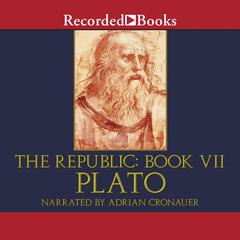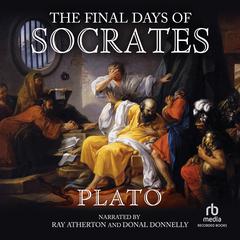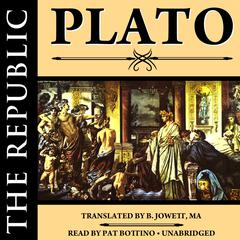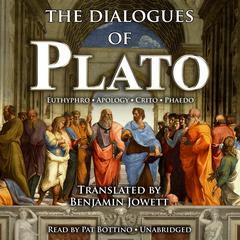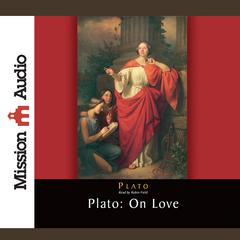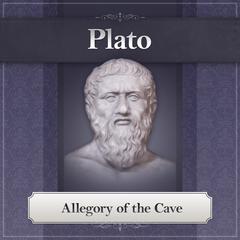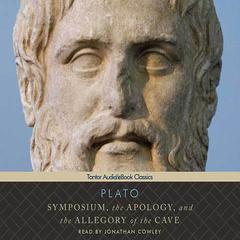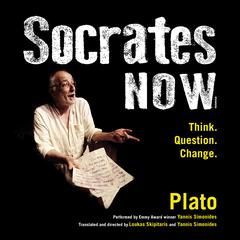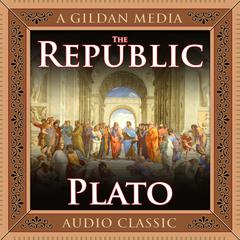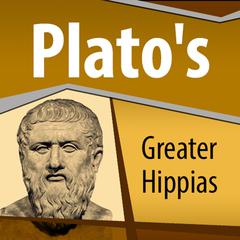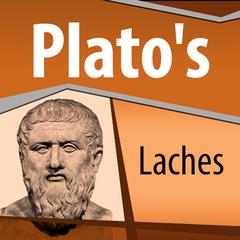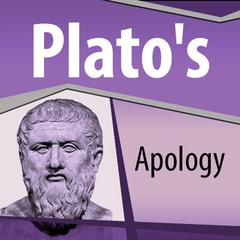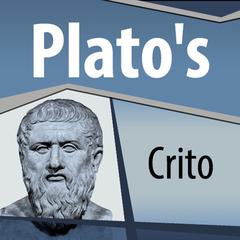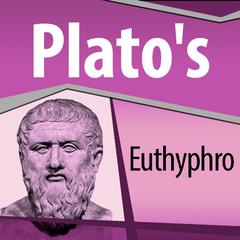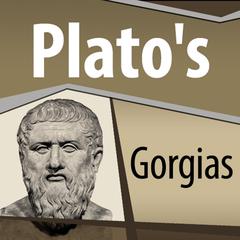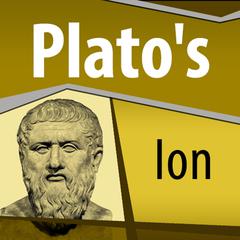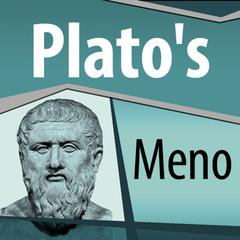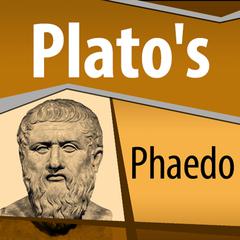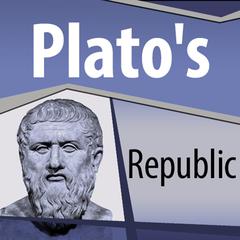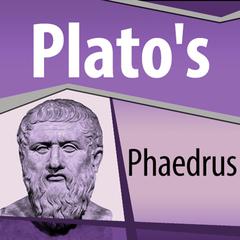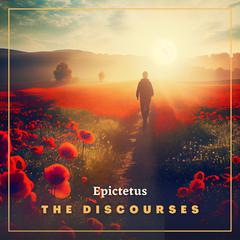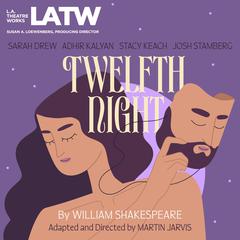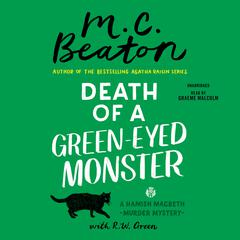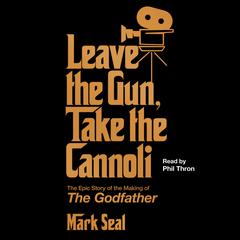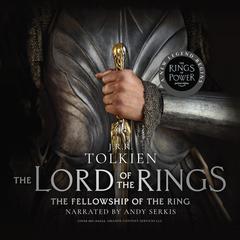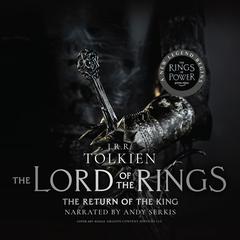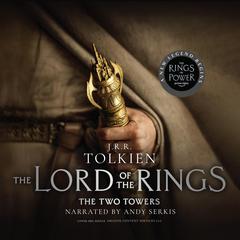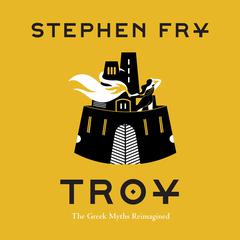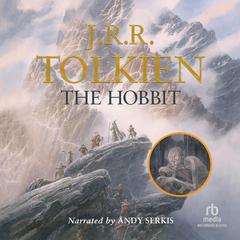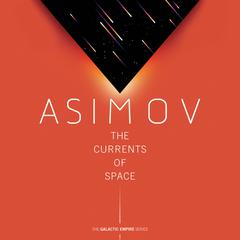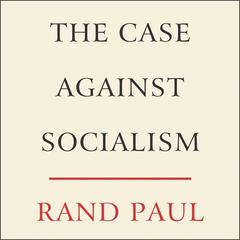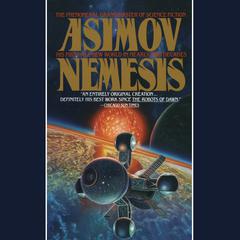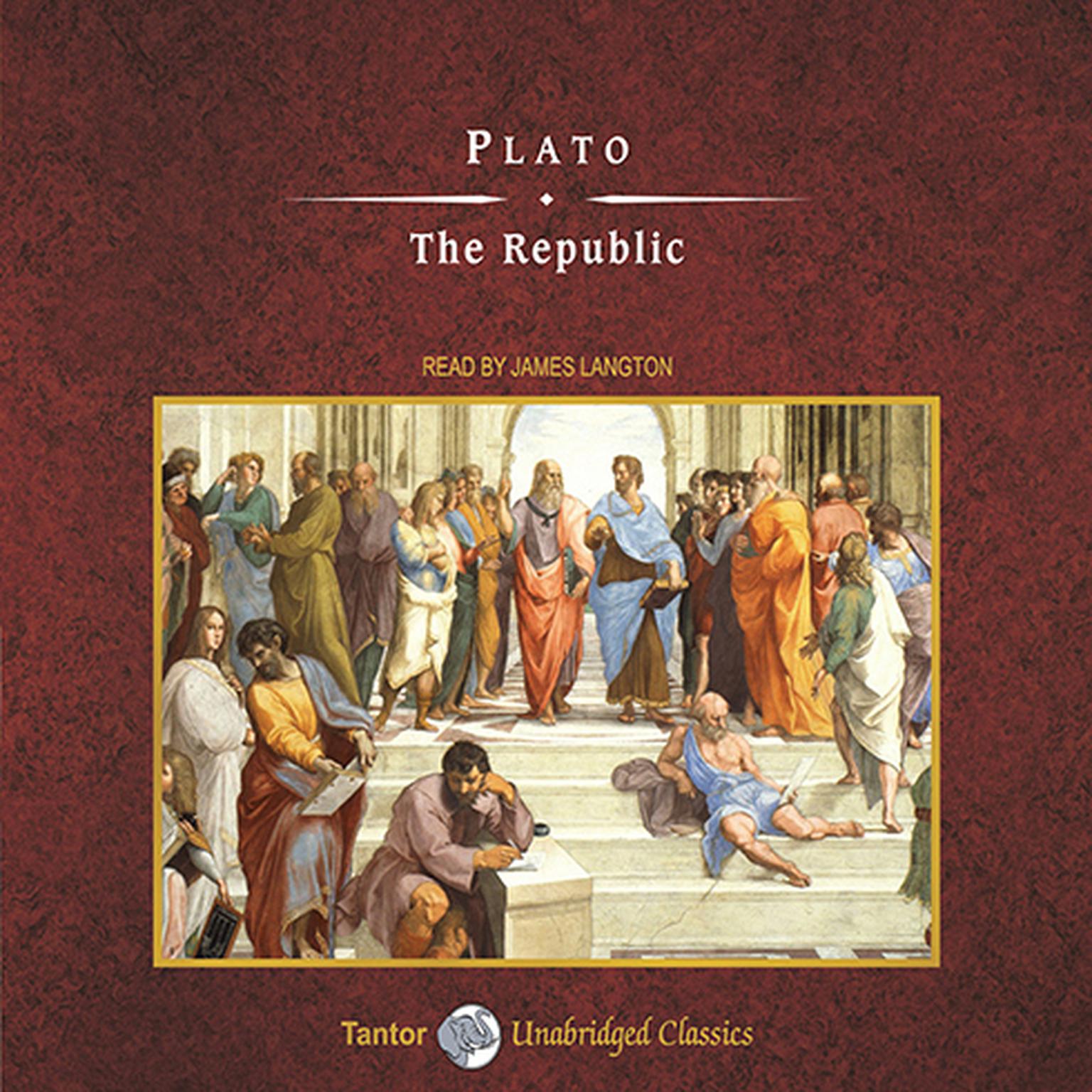 Play Audiobook Sample
Play Audiobook Sample
The Republic Audiobook
 Play Audiobook Sample
Play Audiobook Sample
Quick Stats About this Audiobook
Total Audiobook Chapters:
Longest Chapter Length:
Shortest Chapter Length:
Average Chapter Length:
Audiobooks by this Author:
Publisher Description
"What is at stake is far from insignificant: it is how one should live one's life."
Plato's The Republic is widely acknowledged as the cornerstone of Western philosophy. Presented in the form of a dialogue between Socrates and three different interlocutors, it is an inquiry into the notion of a perfect community and the ideal individual within it. During the conversation, other questions are raised: What is goodness? What is reality? What is knowledge? The Republic also addresses the purpose of education and the roles of both women and men as "guardians" of the people. With remarkable lucidity and deft use of allegory, Plato arrives at a depiction of a state bound by harmony and ruled by "philosopher kings."
Download and start listening now!
The Republic Listener Reviews
Be the first to write a review about this audiobook!
About Plato
Plato (circa 423–347 BC) was a philosopher in ancient Greece and the founder of the Academy in Athens, the first institution of higher learning in the Western world. Plato, together along with his teacher, Socrates, and his most famous student, Aristotle, laid the foundations of Western philosophy and science. He is widely considered the most pivotal figure in the development of philosophy, especially philosophy of the Western tradition.
About James Langton
James Langton, an Earphones Award–winning narrator, trained as an actor at the Royal Scottish Academy of Music and Drama and later as a musician at the Guildhall School in London. He has worked in radio, film, and television, also appearing in theater in England and on Broadway. He is also a professional musician who led the internationally renowned Pasadena Roof Orchestra from 1996 to 2002.




